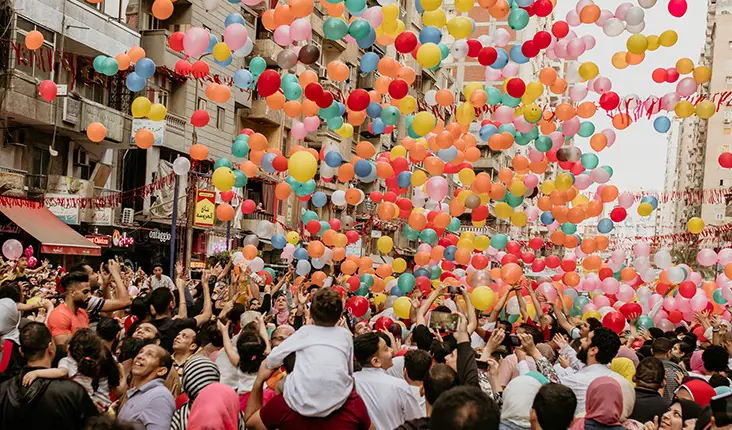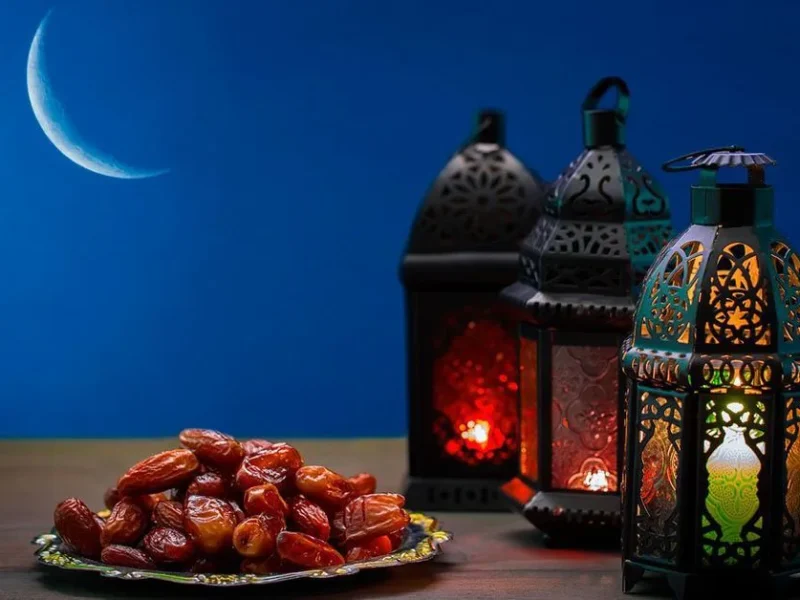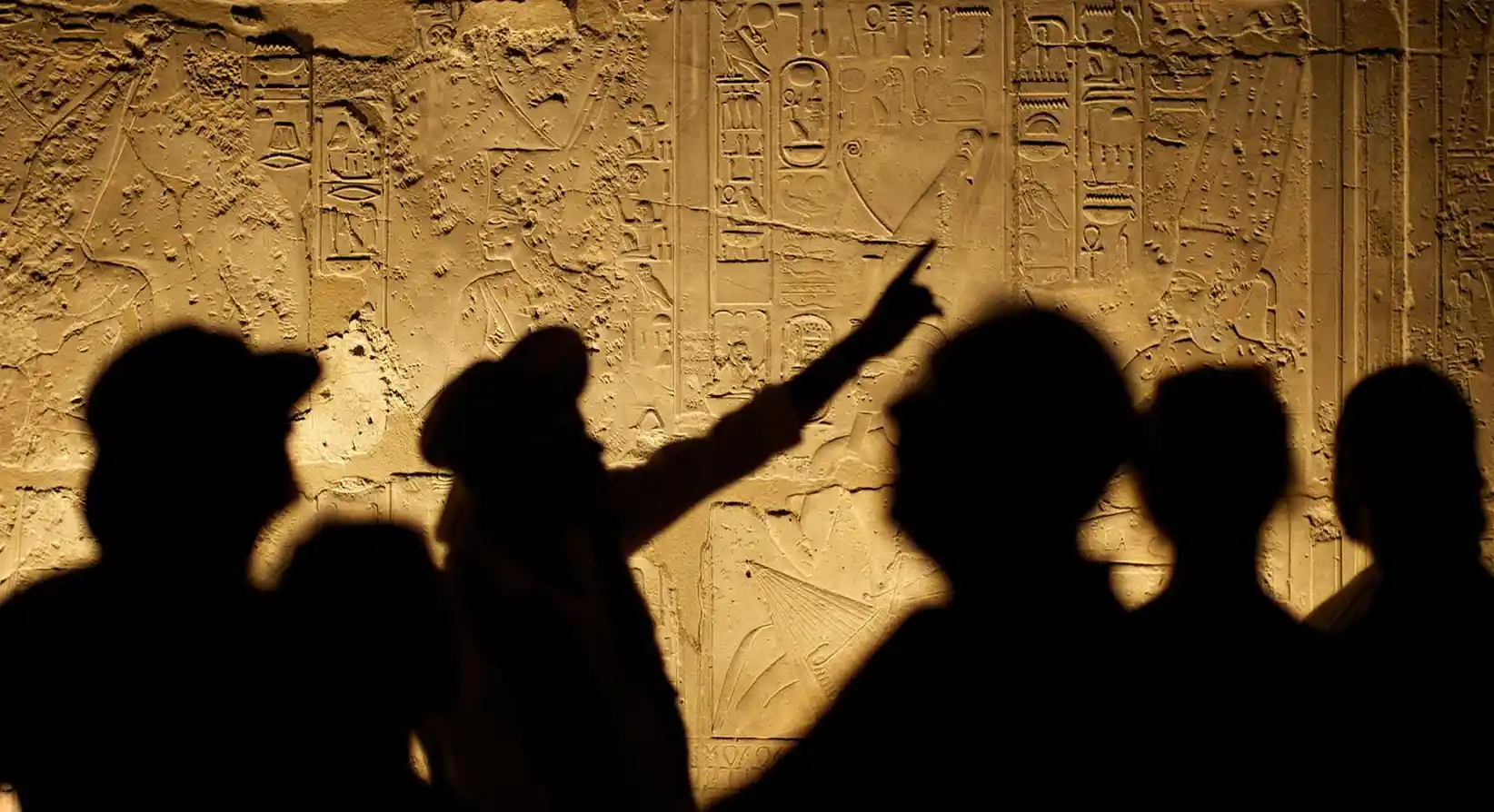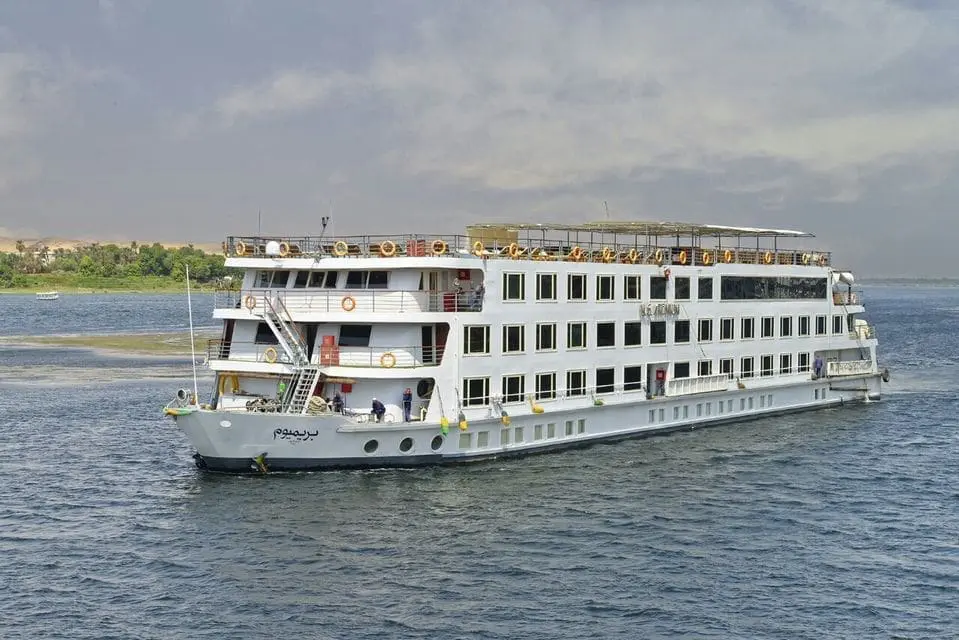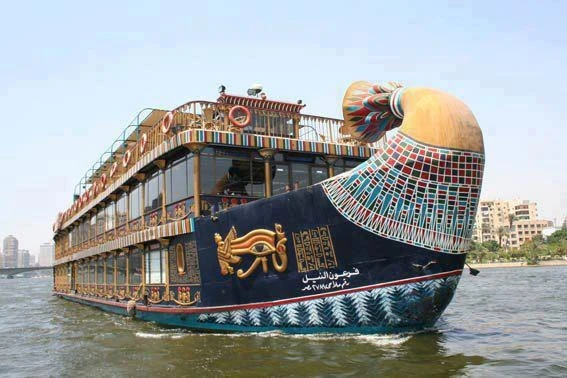What is an important holiday in Egypt? The answer lies in its mix of religious, cultural, and national celebrations. For example, Islamic festivals like Ramadan and Eid al-Fitr are widely observed across the country, while Coptic Christians celebrate unique traditions during Christmas and Easter. National holidays like Revolution Day commemorate pivotal moments in Egypt’s history, while cultural events like Sham El-Nessim showcase traditions that date back thousands of years.
What is an important holiday in Egypt?
Egypt, a land of timeless wonders, is not only renowned for its iconic monuments and ancient history but also for its vibrant cultural traditions. Holidays play a central role in Egyptian life, bringing communities together to celebrate history, religion, and seasonal changes.
From ancient festivals rooted in Pharaonic traditions to modern national commemorations and religious observances, Egypt’s holidays are as diverse as its rich heritage.
Religious Holidays in Egypt
Religious holidays hold a special place in Egypt’s cultural fabric, reflecting the country’s rich spiritual diversity. Both Islamic and Christian celebrations are widely observed, creating moments of communal joy, reflection, and unity. Religious holidays are often the answer to ‘What is an important holiday in Egypt?’ as they reflect the country’s spiritual diversity.
Ramadan and Eid al-Fitr
Ramadan
is one of the most significant Islamic holidays in Egypt, marking a holy month of fasting, prayer, and spiritual renewal.
- Significance: During Ramadan, Muslims fast from dawn to sunset, refraining from food, drink, and other worldly distractions to focus on their spiritual connection to God.
- Traditions: After sunset, families and friends gather for iftar, the evening meal that breaks the fast. The streets come alive at night with festive lights, bustling markets, and the aroma of traditional foods like konafa and qatayef.
- Charity and Reflection: Acts of kindness and giving to the less fortunate are integral to Ramadan, further fostering a sense of community.
Eid al-Fitr
which means “Festival of Breaking the Fast,” marks the joyous end of Ramadan.
- Celebrations: The holiday begins with communal prayers at mosques, followed by festive meals, exchanging gifts, and visiting loved ones. Children receive new clothes and small gifts, adding to the celebratory atmosphere.
Eid al-Adha
Known as the “Festival of Sacrifice,” Eid al-Adha is another important Islamic holiday, commemorating the story of Prophet Ibrahim’s willingness to sacrifice his son in obedience to God’s command.
- Traditions: Families observe this holiday by performing the qurbani, or sacrificial offering, typically of a sheep, goat, or cow. The meat is divided among family, friends, and those in need, emphasizing generosity and gratitude.
- Celebrations: The holiday includes special prayers at mosques, festive meals, and gatherings with loved ones. It is a deeply meaningful time that highlights themes of devotion, sacrifice, and sharing.
Eid al-Adha is not only a religious observance but also a time for families to come together and strengthen their bonds.
Coptic Christmas (January 7)
For Egypt’s Christian community, particularly the Copts, Christmas is a significant religious holiday celebrated on January 7, following the Julian calendar.
- Midnight Mass: Christmas Eve is marked by midnight mass in churches, where the faithful come together for prayers and hymns.
- Festive Traditions: Families enjoy traditional foods like Kahk, sweet cookies often prepared in large quantities and shared with neighbors and friends.
- Charity: Much like Islamic holidays, giving to the less fortunate is a central part of Coptic Christmas, reflecting the values of compassion and kindness.
Coptic Christmas offers a unique insight into the traditions of one of the world’s oldest Christian communities.
What Are Public Holidays in Egypt?
Egypt’s official public holidays include a mix of national, religious, and global observances:
- New Year’s Day (January 1)
- Coptic Christmas (January 7)
- Labor Day (May 1)
- Revolution Day (July 23)
- Sinai Liberation Day (April 25)
- Armed Forces Day (October 6)
These holidays often feature public celebrations, official events, and time off work, giving locals and visitors alike a chance to relax and participate.
Egypt’s holidays, both ancient and modern, offer something for everyone. What is an important holiday in Egypt? Many modern and ancient-inspired holidays offer opportunities for tourists to experience Egyptian culture firsthand, making these celebrations an integral part of any visit to this fascinating country.
Revolution Day (July 23)
Revolution Day, celebrated annually on July 23, marks Egypt’s transition from monarchy to a republic in 1952.
- Historical Importance: On this day, the Free Officers Movement, led by Gamal Abdel Nasser, orchestrated a revolution that abolished the monarchy and established a republic. This event paved the way for Egypt’s modernization and independence from colonial influence.
- Celebrations:
- The day is marked with parades, speeches by national leaders, and fireworks in major cities like Cairo and Alexandria.
- Public spaces are adorned with flags, and cultural events highlight Egypt’s journey toward sovereignty and development.
Revolution Day is a powerful reminder of Egypt’s struggle for self-determination and its enduring spirit of independence.
Sinai Liberation Day (April 25)
Sinai Liberation Day commemorates Egypt regaining sovereignty over the Sinai Peninsula in 1982, following the signing of the Camp David Accords.
- Patriotic Significance: This day symbolizes Egypt’s diplomatic and military success in reclaiming its land after years of conflict.
- Celebrations:
- Egyptians honor this day with patriotic events, military displays, and educational programs about the Sinai Peninsula’s significance.
- In cities near Sinai, such as Sharm El Sheikh, special festivals and public gatherings emphasize the region’s cultural and strategic importance.
Sinai Liberation Day holds a special place in Egypt’s national identity, reflecting its commitment to territorial integrity and peace.
Armed Forces Day (October 6)
Celebrated on October 6, Armed Forces Day honors Egypt’s military victory during the Yom Kippur War (known in Egypt as the October War) in 1973.
- Historical Importance: On this day, Egyptian forces launched a surprise attack on Israeli forces, crossing the Suez Canal and regaining control of the east bank. This military success was a turning point in the Arab-Israeli conflict.
- Celebrations:
- Military parades and airshows demonstrate Egypt’s strength and honor its armed forces.
- Patriotic songs and documentaries about the war are broadcast on national television.
- Egyptians take pride in the day as a symbol of resilience and strategic brilliance.
Armed Forces Day highlights Egypt’s dedication to defending its sovereignty and honoring its heroes.
book your tour from Aswan to Luxor now !
Cultural and Seasonal Holidays
Egypt’s cultural and seasonal holidays offer a fascinating glimpse into the nation’s blend of ancient traditions, rural customs, and modern celebrations. These holidays are deeply rooted in Egypt’s history and reflect its diverse cultural fabric. Cultural events like Sham El-Nessim often answer the question, ‘What is an important holiday in Egypt?’ blending ancient traditions with modern life.
Sham El-Nessim

Sham El-Nessim is one of Egypt’s oldest celebrations, with origins tracing back to ancient Pharaonic times. Its name translates to “smelling the breeze,” symbolizing renewal and the arrival of spring.
- Pharaonic Origins: The festival was historically tied to the spring equinox and celebrated fertility and the abundance of the Nile. Ancient Egyptians marked this occasion with offerings to their gods.
- Modern Customs: Today, Sham El-Nessim is a national holiday celebrated by Egyptians of all faiths. Families gather for outdoor picnics, enjoying traditional foods like feseekh (salted fish), boiled eggs, and fresh vegetables. Parks, gardens, and Nile riverbanks buzz with life as people celebrate the season.
Sham El-Nessim’s enduring popularity showcases the seamless fusion of ancient and modern Egyptian traditions.
Harvest Festivals in Rural Egypt
In Egypt’s rural communities, harvest festivals are vibrant celebrations that honor the agricultural cycle and the vital role of farming.
- Seasonal Significance: These festivals often coincide with the harvest of key crops like wheat, dates, and sugarcane. Farmers give thanks for the abundance of the land and the blessings of a successful harvest.
- Local Traditions:
- Festivities include music, dance, and communal feasts prepared from freshly harvested produce.
- Traditional crafts, such as weaving and pottery, are showcased during these gatherings.
These regional celebrations emphasize Egypt’s connection to its agricultural roots, offering a unique window into rural life.
Modern Cultural Events as Holidays
In contemporary Egypt, modern festivals like the Cairo International Film Festival (CIFF) have gained prominence and are treated as celebratory events.
- Cairo International Film Festival: Established in 1976, CIFF is one of the most prestigious cultural events in the Middle East.
- It attracts filmmakers, actors, and cinema enthusiasts from around the globe.
- The festival transforms Cairo into a hub of creativity, with screenings, workshops, and awards ceremonies celebrated with fanfare.
- Other Modern Events: Festivals like the El Gouna Film Festival and D-CAF (Downtown Contemporary Arts Festival) showcase Egypt’s artistic and cultural dynamism, drawing international attention.
These modern events highlight Egypt’s growing role as a cultural powerhouse and a center for contemporary arts.
get informed on : Affordable Nile Cruises in Egypt
Egypt’s holidays are a captivating blend of history, religion, and culture, offering a unique perspective on the country’s identity. From the spiritual observances of Ramadan and Eid al-Fitr to the ancient traditions of Sham El-Nessim and the patriotic pride of Revolution Day, these celebrations reflect Egypt’s diverse heritage and enduring customs.
Don’t miss the chance to uncover the traditions behind the answer to ‘What is an important holiday in Egypt?’ by joining the celebrations. Plan your visit during one of these vibrant holidays and discover the rich cultural tapestry that makes Egypt a truly extraordinary destination!
Frequently Asked Questions
Egypt’s holidays provide a fascinating glimpse into its rich cultural and historical tapestry. From widely celebrated religious observances to national and seasonal festivities, these holidays reveal much about the country’s traditions and values. What is an important holiday in Egypt? Many modern and ancient-inspired holidays offer opportunities for tourists to experience
Do Tourists Participate in Important Egyptian Holidays?
Yes, tourists are welcome to participate in many of Egypt’s holidays, offering a unique way to experience local culture.
- Eid Celebrations: Visitors can join in the festive atmosphere of Eid al-Fitr by sharing meals with locals, attending public events, and enjoying the lively markets that spring up during the holiday.
- Sham El-Nessim: This ancient spring festival is an excellent opportunity for travelers to immerse themselves in Egyptian traditions. Tourists can partake in outdoor picnics, sample traditional foods like feseekh, and enjoy the vibrant ambiance in parks and along the Nile.
- Modern Festivals: Events like the Cairo International Film Festival and D-CAF (Downtown Contemporary Arts Festival) are open to international audiences, providing a contemporary cultural experience.
By participating in these holidays, tourists gain a deeper appreciation for Egypt’s vibrant traditions.
Egypt’s holidays, both ancient and modern, offer something for everyone. What is an important holiday in Egypt? Many modern and ancient-inspired holidays offer opportunities for tourists to experience Egyptian culture firsthand, making these celebrations an integral part of any visit to this fascinating country.

